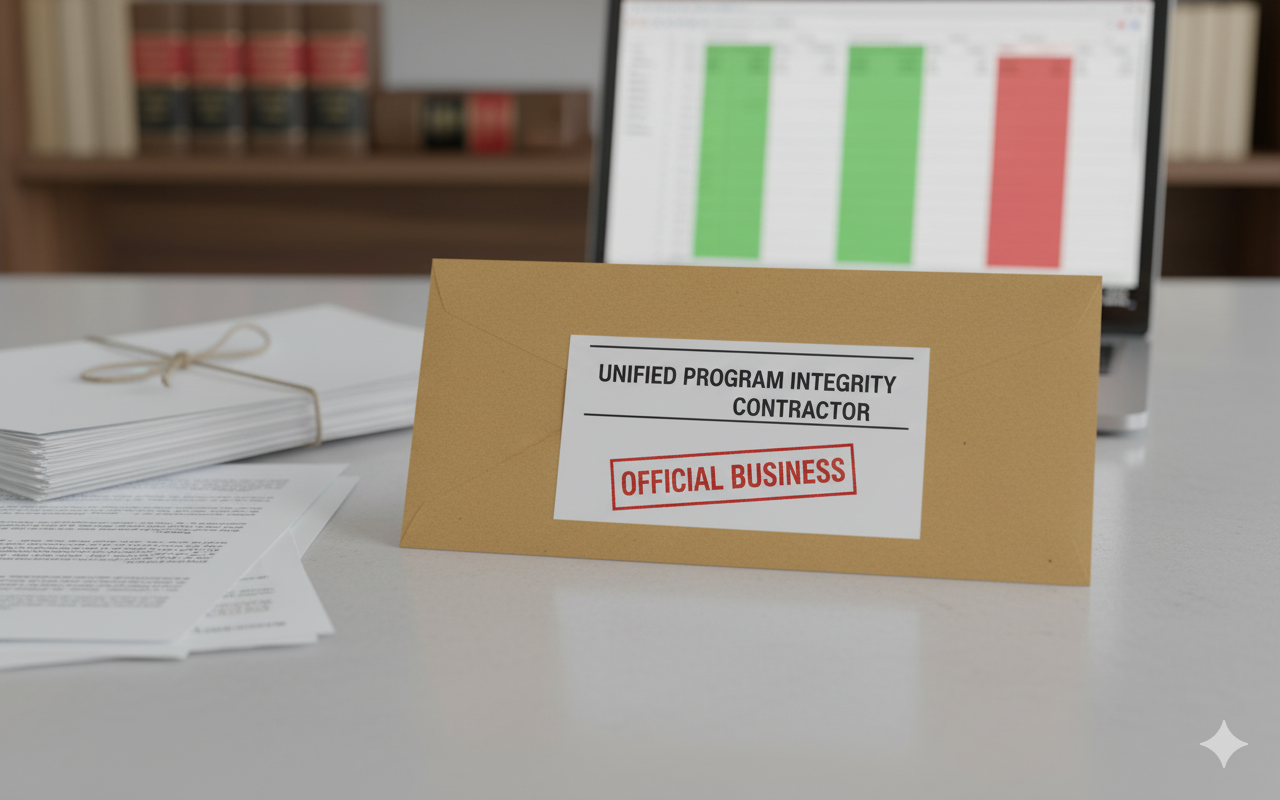
For any durable medical equipment supplier, the sight of a thick envelope from a government contractor demanding medical records is a cause for concern. But not all audits are created equal. While many are familiar with Recovery Audit Contractors (RACs), a letter from a Unified Program Integrity Contractor (UPIC) signals a much more serious and potentially threatening investigation. Understanding the unique role and aggressive tactics of UPICs is crucial for survival in today's enforcement-heavy climate.
The UPIC program divides the country into five jurisdictions, each managed by a specific contractor tasked with overseeing program integrity. The Northeastern and Midwestern jurisdictions are both managed by CoventBridge Group. The Western and Southern jurisdictions are handled by Qlarant. For many DME providers, the most significant contractor is Safeguard Services (SGS), which holds the contract for the national jurisdiction specifically covering Durable Medical Equipment, Prosthetics, Orthotics, and Supplies (DMEPOS). Knowing which UPIC operates in your region is important, as it is the entity that will initiate an investigation if your billing data is flagged.
What truly distinguishes a UPIC audit is the power wielded by the contractor. Beyond standard post-payment reviews where they can demand repayment for claims already paid, UPICs have the authority to place a supplier on pre-payment review. This means every claim submitted must be manually reviewed and approved before any payment is made. Even more devastating is their ability to recommend a full payment suspension to CMS. If a UPIC finds credible evidence of fraud, it can request that all Medicare payments to the supplier be halted. This action can starve a business of its cash flow, effectively shutting down operations long before any formal finding of wrongdoing is finalized.
The audit process itself is an intense, high-pressure event. A UPIC will typically demand a substantial number of patient files with a very short turnaround time. The burden of proof falls entirely on the DME supplier to produce flawless documentation for every claim under review. This includes the original physician’s order, detailed clinical notes establishing medical necessity, and indisputable proof of delivery. Any missing or incomplete document can result in a claim denial. If the auditors find a high error rate in the initial sample of claims, they will often extrapolate that error rate across all claims billed over a period of years, leading to a massive and potentially business-ending recoupment demand.
The legal and financial stakes of a UPIC audit are incredibly high, and a swift, strategic response is paramount. Health Law Alliance can assist DME suppliers with navigating every stage of a UPIC audit, from the initial records request to appealing adverse findings. Please schedule a free consultation today to protect your business.
MORE ARTICLES BY CATEGORY
The 2025 Healthcare Fraud Takedown Is a Warning Shot for Wound Care Providers
Wound care is now an enforcement priority. The 2025 fraud takedown targets skin substitute billing, graft utilization, and Medicare compliance.
Read More >>FDA and Novo’s Uncharted Waters to Exert Pressure on Hims & Hers and GLP-1 Compounders
Novo’s lawsuit against Hims & Hers, coupled with FDA’s referral to the DOJ, marks a direct escalation against 503A compounded semaglutide. If your pharmacy dispenses, compounds, or markets GLP-1 therapies, this is not a headline, it is a regulatory turning point.
Read More >>What Wells Pharma v. Zyla Life Sciences Means for Compounding Pharmacies and Outsourcing Facilities
A pending Supreme Court case could reshape how compounding pharmacies face litigation under state unfair competition laws tied to FDA approval standards.
Read More >>Health Law Alliance Welcomes Compounding Expert Pharmacist-Attorney Dr. Martha Rumore as Of Counsel
Health Law Alliance adds powerhouse Pharmacist/Attorney Dr. Martha Rumore to their team of boutique healthcare attorneys.
Read More >>




